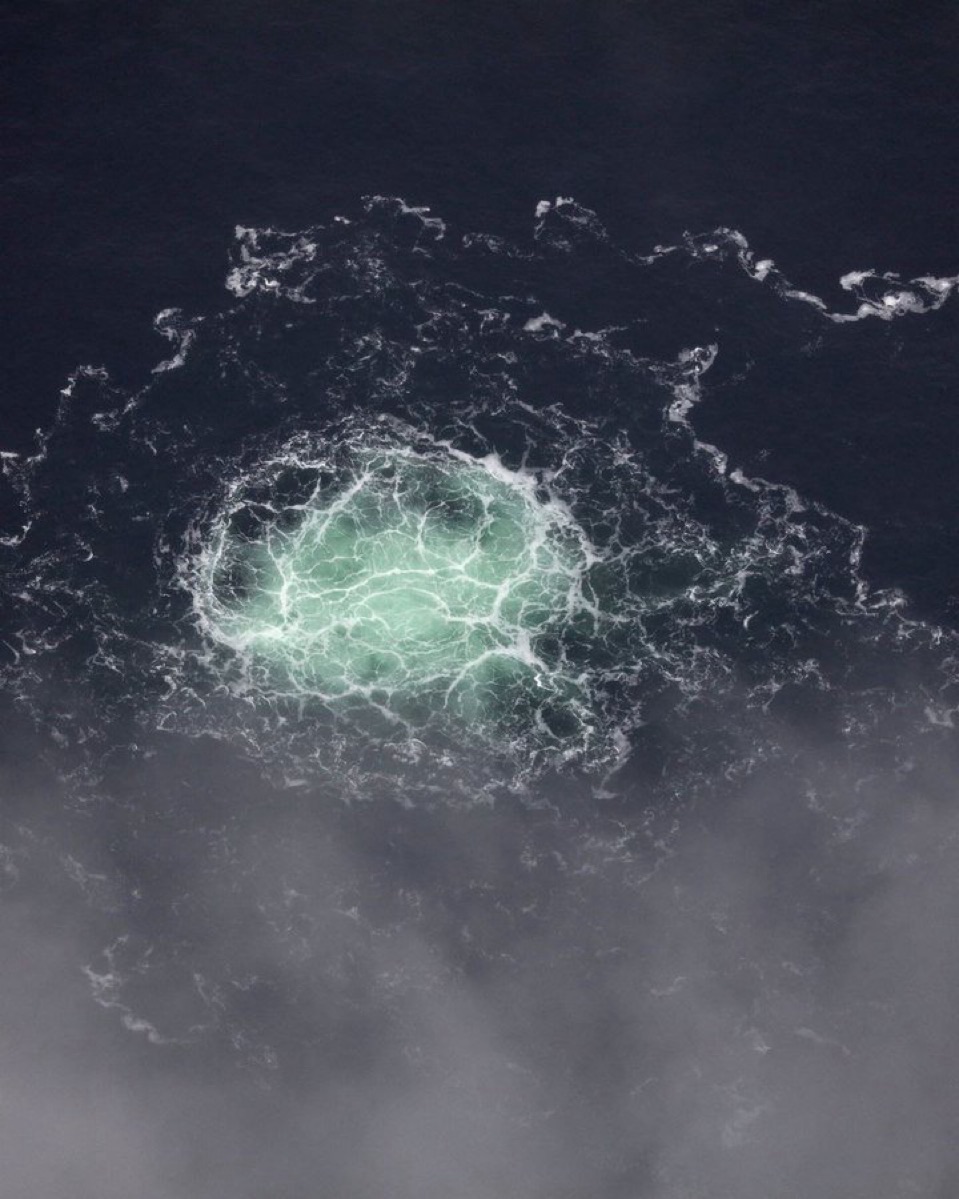The Nord Stream Dilemma: Transparency, Tensions, and the Search for Answers
In a recent speech, Sevim Dağdelen, a member of the German Bundestag, reignited discussions about the Nord Stream pipeline attacks, emphasizing the need for transparency and accountability. Dağdelen criticized the German government for defaming journalists and urged them to disclose their findings. Her call followed Seymour Hersh’s investigative claims implicating the US and Norway in the September 26, 2022, explosions that damaged Nord Stream 1 and 2 pipelines in the Baltic Sea.
The underwater blasts caused significant leaks, rendering both pipelines inoperable. These pipelines were critical for transporting natural gas from Russia to Germany. At the time, they were filled with gas but not operational due to the Russian invasion of Ukraine. The explosions disrupted Europe’s energy supply, forcing countries to seek alternative sources and driving up energy prices.
Public reaction to Dağdelen’s speech has been mixed. Some support the pipeline’s destruction, viewing it as a step towards reducing dependency on Russian energy. Others suspect the German government’s involvement or indifference. This divided opinion reflects the complexity of the issue and its geopolitical ramifications.
Debates over journalistic integrity have also emerged. Critics question the reliability of reports based on unnamed sources, underscoring the need for transparent and credible journalism. Amid these debates, geopolitical analysts like George Friedman highlight the US’s historical strategy to prevent a unified Germany-Russia front, which could pose a significant threat.
In response to such incidents, efforts to bolster pipeline security have intensified. Following the 2021 Colonial Pipeline ransomware attack, the Department of Homeland Security (DHS) issued cybersecurity regulations for pipeline companies. These regulations require a cybersecurity coordinator on call at all times and mandate reporting incidents to the Cybersecurity and Infrastructure Security Agency (CISA) within 12 hours.
Investigations into the Nord Stream attacks are ongoing, involving multiple countries. Sweden, after concluding it lacked jurisdiction, handed over evidence to German investigators. Denmark and Germany are conducting separate investigations, with Denmark expected to release more information soon. German investigators previously found traces of subsea explosives on a yacht possibly used in the attack. Recent US intelligence suggests a pro-Ukrainian group’s involvement, but no conclusive evidence has been presented.
The Nord Stream attacks highlight the vulnerability of critical energy infrastructure and the geopolitical tensions surrounding energy security. As investigations continue, the call for transparency and accountability remains crucial. Ensuring robust security measures and fostering credible journalism are essential steps toward understanding and mitigating such incidents in the future.





